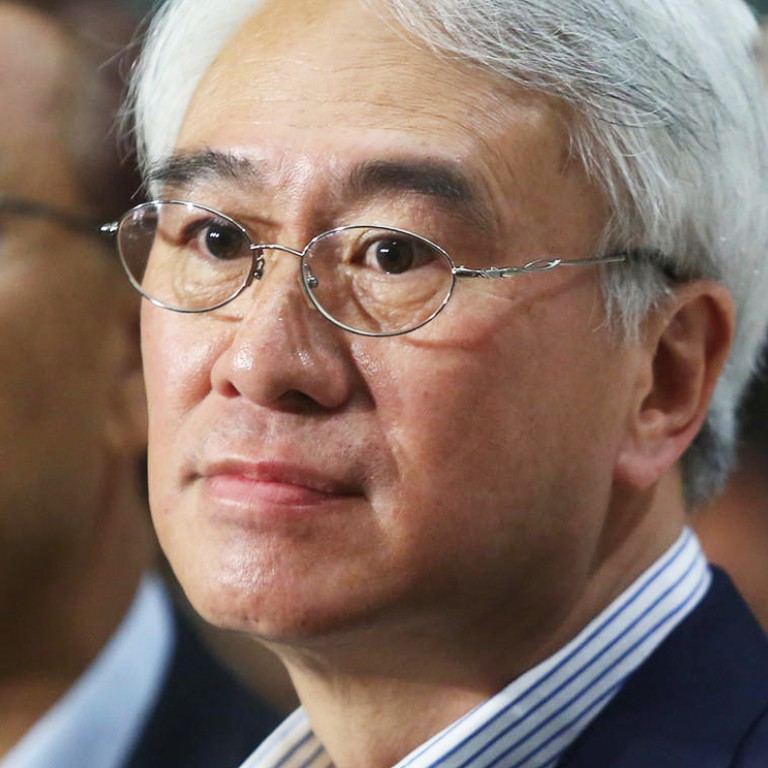
There are limits to the exceptions you can enjoy, Hong Kong warned
People's Daily commentary scolds Hongkongers for thinking they deserve more special treatment
There were limits to the exceptions granted to Hong Kong by the central government, the latest Beijing .
It also said that Hong Kong people "should realise that only dialogue and reconciliation can solve problems, not extreme resistance".
The piece, posted on the website of the Communist Party's official newspaper, said the benign treatment granted Hong Kong, such as the "one country, two systems" formula and the ability to govern itself, had led some in the city to think they were the exception to the rest of the nation.
"Occupy Central is the extreme embodiment of the ethos of 'Hong Kong exceptionalism'," and it had crossed a line, said the commentary. The writer is identified as Guoping.
The central government had taken a pragmatic approach in giving Hong Kong some "exceptional" policies, demonstrating Beijing's rationality, generosity and tolerance, it said, adding: "Some people should not keep asking for more; they should know where the line of exceptions is."
It also reasserted the supreme authority of the decision made by the National People's Congress Standing Committee on electoral reform, saying it must be "thoroughly executed and not be affected by external pressure like Occupy Central".
The commentary is the ninth on the Occupy sit-ins penned by Guoping.
The pen name was likely aimed at a different group of readers to typical state media editorials, said Hong Kong-based political commentator Johnny Lau Yui-siu.
"Guoping can mean 'national peace' or 'state's view'. The mainland media has a propensity to play on double entendres like this," he said.
On September 30 - two days into the protests - a Guoping commentary called for rational dialogue.
It said Beijing respected the differences between Hongkongers and mainlanders and understood Hongkongers' frustration.
"The tolerance, patience and sincerity the central authority has for Hong Kong has never waned. A rational dialogue could be had as long as the deluded few recognise the truth," it read.
In subsequent days, the writer defended the Hong Kong police force's handling of peaceful demonstrators, which included using tear gas and pepper spray.
State media released two other Guoping commentaries late on Sunday. One of them focused on how street politics was doomed to fail, while chastising protesters who confronted police for disturbing the social order.
Lau said such essays did not achieve much. "On the mainland, people have come to doubt what the state media says, or even assume the opposite of what is said is happening. In Hong Kong, given the far-fetched content, people don't take them very seriously," he said.
State television continues to run reports on Occupy Central on its evening news, including interviews with local opponent Robert Chow Yung.
